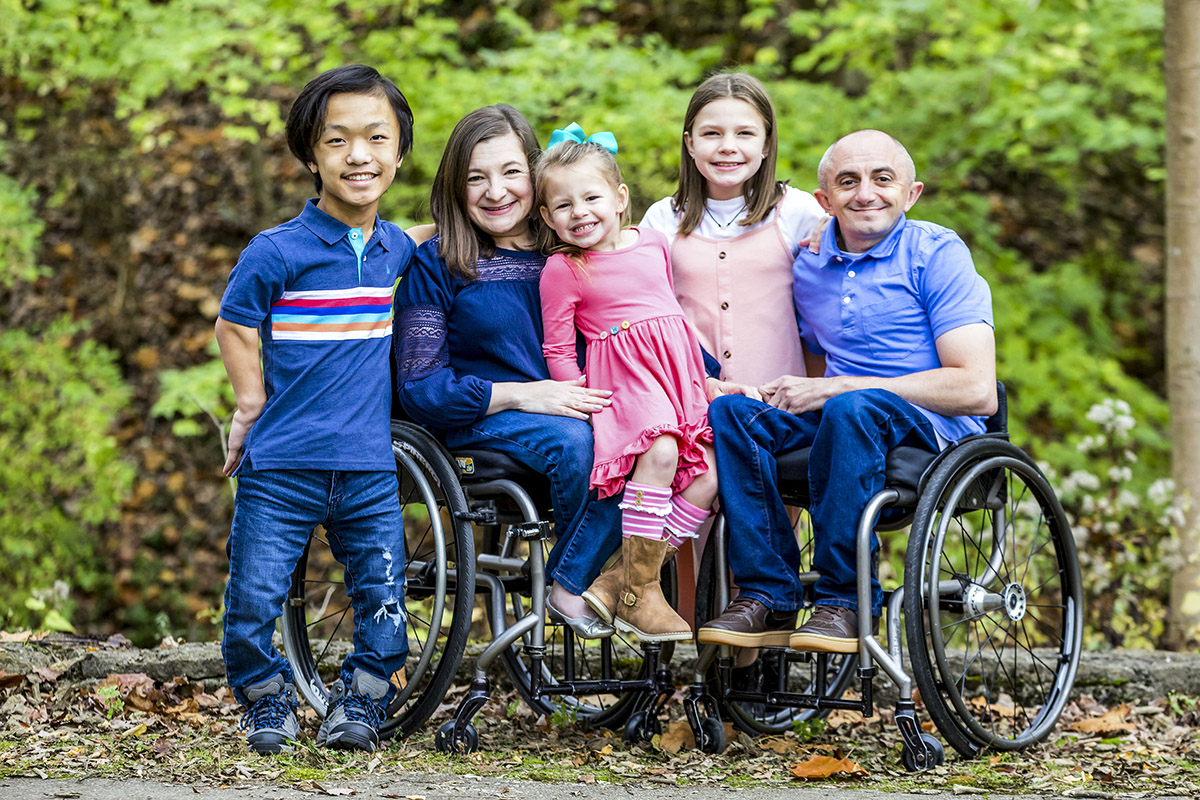
“Parents with disabilities are people with certain disorders (mental, physical, or other types) who are raising young children or being cared for by their young children.” [1]
“Parenting with a disability is achievable and nurtures strong families and compassionate children. Disability is only one factor of how or if disabled people parent, but being disabled does not determine how great of a parent they will be.” [2]
“We often talk about resources for parents of children with disabilities. But what about resources just for parents with disabilities?
It’s a longstanding and harmful myth that adults with disabilities cannot be parents, let alone good parents. Negative stereotypes and demeaning policies and legislation put parents with disabilities in a difficult position. We don’t openly talk about what it is like having a disability and being pregnant or the stigma disabled parents face in custody battles. But we need to!” [3]
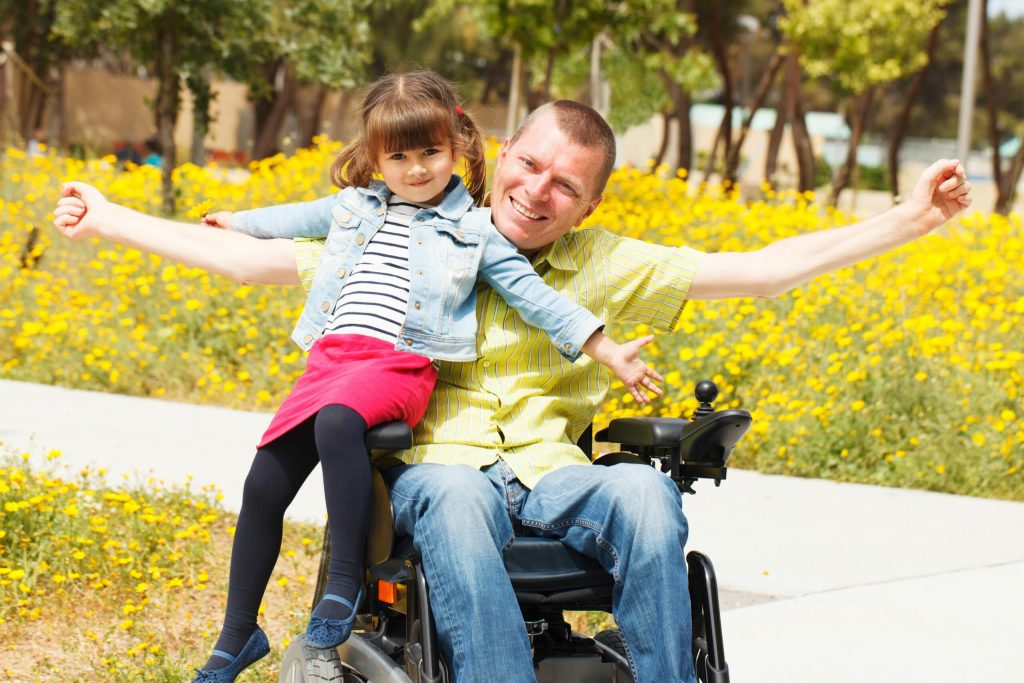
Here are some facts about parents with intellectual disabilities.
- “There are 4.1 million parents with disabilities in the U.S.
- 5.6 million Americans live with paralysis due to stroke, multiple sclerosis, spinal cord injury, traumatic brain injury, neurofibromatosis, cerebral palsy, post-polio syndrome, other.
- 1 in 10 children have a parent with a disability.
- 35 states include disability as grounds for termination of parental rights.
- 2/3 of dependency statutes allow the court to determine that a parent is unfit on the basis of a disability.
- In every state, disability of the parent can be included in determining the best interest of the child.
- DC, GA, KS, MD, MS, ND, NM, OH, OK, & SC allow physical disability as the sole grounds for terminating parental rights, even without evidence of abuse or neglect.” [5]
- “Just because you have an intellectual disability does not mean your child will have a disability.
- Having an intellectual disability does not mean you are a bad parent. You can be a good parent.
- Parents with intellectual disabilities sometimes have a hard time getting healthy food. They may also deal with stress and worry.
- Raising children without help can be hard. So, it is important to look for help at the beginning, even before your baby is born.
- Sometimes doctors do not know how to help parents with intellectual disabilities.
- People with intellectual disabilities may need help understanding pregnancy and childbirth.” [4]
“Between 60 and 90 per cent of women with mild learning disabilities want to marry and have children (Bratlinger, 1985 cited in Aunos & Feldman, 2002). Researchers concur that parents with learning disabilities can successfully raise their children if they are given support that matches their needs (Booth & Booth, 1994; Feldman 1994; Edmonds, 2000; Aunos & Feldman, 2002). Tarleton, Ward and Howarth (2006) highlight that whilst successful parenting is a great challenge for these parents, if they are to be given the same chance as other people, ‘they need access to services which will support them in their parenting role, so that they are able to successfully “parent with support”’ (p.88).” [7]
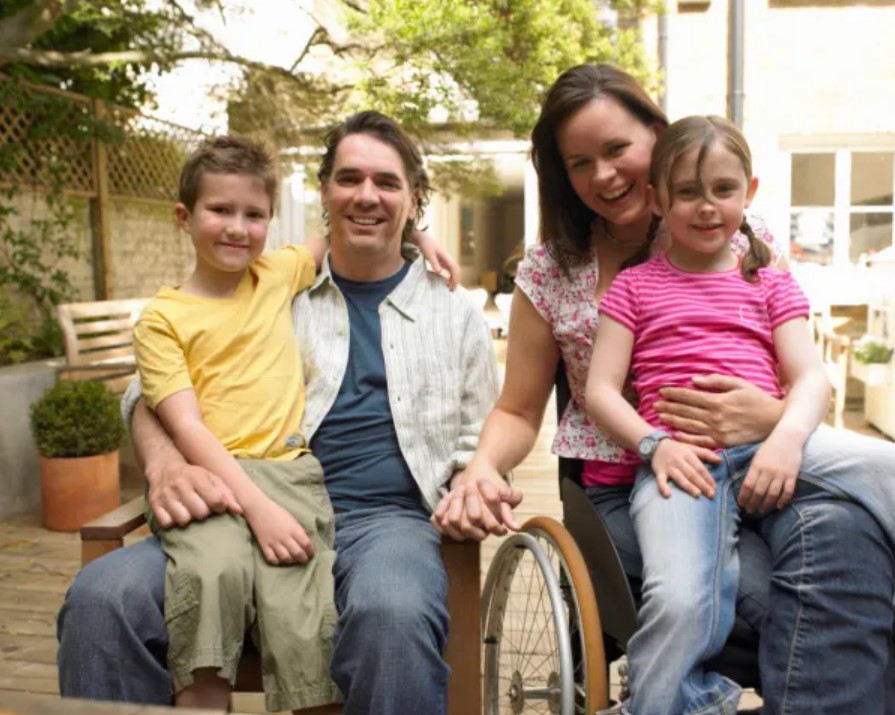
7 Practical Tips for Parenting with a Disability
1. “Forget the Critics: First and foremost, forget all of the people who say you can’t do this—that’s a lie.” [9]
2. “Get Creative: Unfortunately, there are limited products on the market adapted for parenting with a disability. It goes without saying you’ll have to get creative.” [9]
3. Ask for Help: Everybody needs help. When parenting with a disability, it’s important to have a plan for how you will care for your child. “The government says that parents with intellectual disabilities should be given support to help them be good parents. Some services around the country are supporting adults with intellectual disabilities to be good parents. Some parents get help to learn the skills they need to take good care of their children. Some parents get help to keep their house safe and clean for their children. Some parents go to groups where they meet other parents. Some parents get support to go to meetings or go to court to try to keep their children. Some parents take classes about being a good parent. Some parents have one worker who they trust and talk to a lot. There can be lots of workers involved in a family’s life, like social workers, child welfare workers, and people from other agencies.” [8]
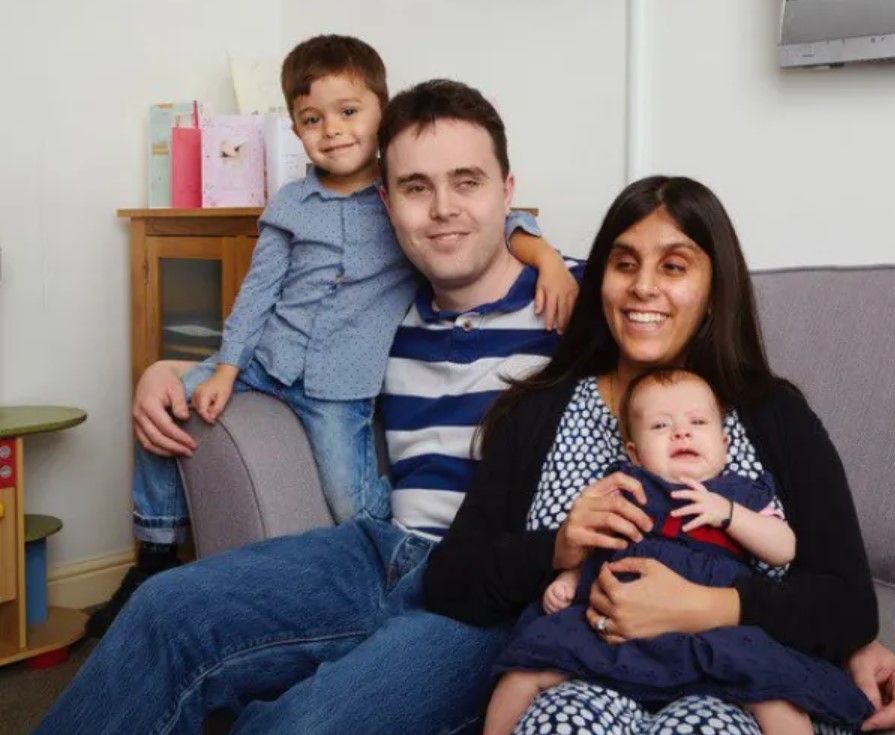
4. “Stick to a Routine: I cannot stress enough the importance of sticking to a consistent routine. This will be one of the most important things that you can do to successfully parent with a disability. Benefits of Sticking to a Routine: Adhering to a consistent routine helps expose children to healthy habits. It helps establish independence in children. It creates a calmer household. It helps alleviate the power struggles between the parents and the child.” [9]
It’s important to note that sticking to a consistent routine does not mean implementing a strict regimen without room for flexibility. Creating a consistent routine means following a general guide for the way you will incorporate habits into your daily life. [9]
5. “Focus on your Strengths: When parenting with a disability, it’s important to focus on your strengths rather than your limitations. Identifying your unique set of strengths will empower you to feel confident with your children and reduce the chances of spiraling down a hole of negative thoughts.” [9]
6. “Openly Talk with you Children: Be open and honest with your kids about disability and the ways in which you’re different from other parents. Kids are naturally curious and will ask a lot of questions. Responding to them in a matter-of-fact but positive manner will let them know that it’s OK to discuss disability and that it’s not something to hide.” [9]
7. “Know You are Not Alone: Although it may seem like you’re the only one parenting with a disability, there are others out there who are not only struggling but excelling just like you. It’s important to not seclude yourself in isolation for fear of other’s opinions.” [9]

Advocacy groups and resources that can help lighten the load
- “Parental Rights Foundation: Educates the public on and advocates for the rights of families and parents.
- Dreamscape Foundation: Aims to make schools, workplaces and the community more accessible and highlights resources that can help people live and work more independently.
- Through the Looking Glass: Identifies research and resources for families in which a parent, a child or another family member lives with a disability.” [6]
- The Disabled Parenting Project is a great resource for parents with disabilities. https://disabledparenting.com/
- Dr. Kara Ayers discusses parenting with a disability and why representation is important. https://www.muthamagazine.com/2018/11/parents-use-need-dr-kara-ayers-disabled-parenting-project-creativity-community/
- Know Your Rights Toolkit for Parenting with Disability (PDF): A summary of disability laws that protect families’ rights. https://adata.org/factsheet/child-welfare
- Visit the National Research Center for Parents with Disabilities online for more resources, like how-to videos, easy-to-read guides, and more.
It is important to know your rights and get all the support necessary. You are not alone.
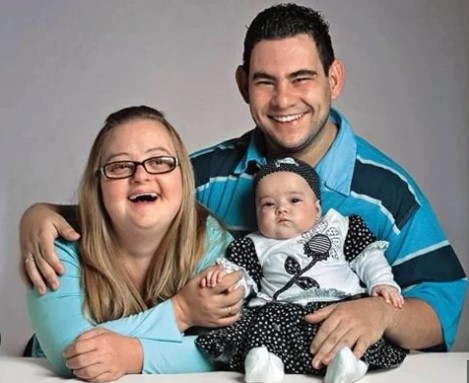
Resources
[1] https://en.wikipedia.org/wiki/Parents_with_disabilities
[2] https://medium.com/rewriting-the-narrative/yes-disabled-people-can-be-parents-f8ca60b96491
[3] https://disabilityrightsflorida.org/blog/entry/parents_with_disabilities
[5] https://parentalrights.org/disabilities/
[6] https://www.goodhousekeeping.com/life/parenting/a36121631/exceptional-mom-and-dads-alaina-leary/
[7] https://www.intellectualdisability.info/family/articles/parents-with-intellectual-disabilities
[8] https://heller.brandeis.edu/parents-with disabilities/pdfs/beinggoodparents.pdf
[9] https://www.disabilitydame.com/parenting-with-a-disability/
